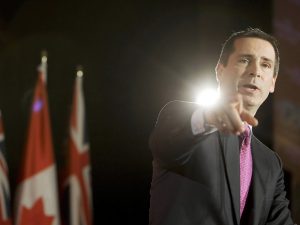[This article was originally published here in ‘The Cardus Daily’ Blog on September 11, 2012.]
Toronto’s Deputy Mayor, Doug Holyday,evoked political controversy this summer when he objected to the requirement that 10% of the units in a new condo development be 3-bedroom, family-friendly units. Mr. Holyday referred to the re quirement as “social engineering.” He expressed reluctance to dictate that the developer build 3-bedroom units when there “may or may not be a market for it,” and alienated his urban colleagues and parents when he said the downtown core was “not an ideal place to raise children.”
quirement as “social engineering.” He expressed reluctance to dictate that the developer build 3-bedroom units when there “may or may not be a market for it,” and alienated his urban colleagues and parents when he said the downtown core was “not an ideal place to raise children.”
Toronto currently has a record number of new condo developments, outpacing both Mexico City and New York City by more than 40 projects. Toronto’s downtown core is full of new condo developments, many of which are investment properties rather than owner-occupied homes for the city’s inhabitants. Many real estate agents share the Deputy Mayor’s concern that in an investor-driven market, there is little demand for larger condo units. According to one expert, larger condos are more difficult to rent and to flip, making them a greater risk and less profitable.




